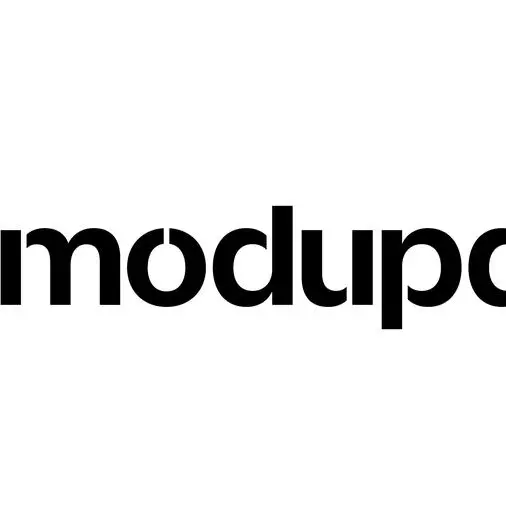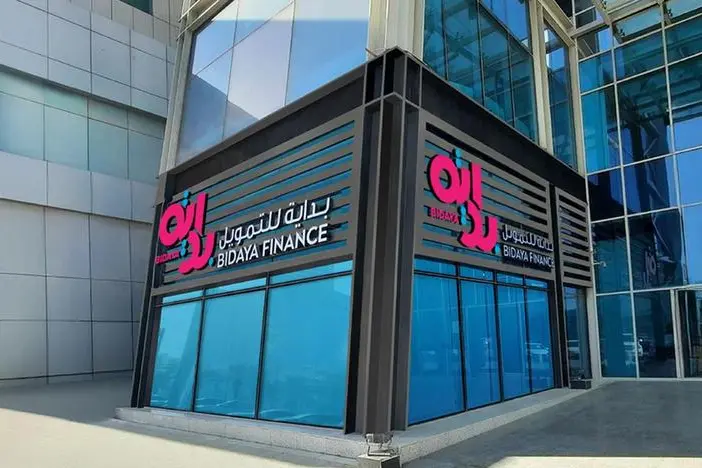Doha, Qata – PwC Middle East today launched its latest Qatar Banking Sector Report, which highlights the resilience displayed by banks in Qatar despite volatility caused by the pandemic. The report explores how the financial banking sector in Qatar displayed strong volume growth supported by stable margins and effective cost management. The economic support packages offered by the government for the relief of some firms also helped ensure sufficient liquidity in the banking sector. However, lingering risk pressure remains high for most of the players with banks being highly exposed to shocks on their legacy portfolios.
The report also provides an extensive analysis on some of the new trends emerging from Qatar’s financial sector. The financial services landscape has transformed fundamentally, with many new players entering the market and leveraging different business and operating models offering added value for consumers. Furthermore, the pandemic played an important role in the process challenging the status quo and encouraging banks in Qatar to accelerate their digital transformation efforts such as increasing investments in digital capabilities to remain competitive and meet customer needs.
Ahmed AlKiswani, Qatar Financial Services Leader, PwC Middle East stated: “Despite the effects of the pandemic, the banking sector in Qatar has shown strong performance in 2021. To promote this long-term stability, we expect the sector to embrace new technology, ESG and ethical banking. The COVID-19 pandemic played an important role in challenging banks to accelerate their digital transformation and sustainability efforts. Embracing ESG frameworks and sustainable banking at the core of banking operations is the need of the hour and fortunately, banks in Qatar are ensuring that ESG is at the top of their agendas.”
He added, “Furthermore, as the financial sector gets more complex with increasing amounts of data, technology, new business and operating models, we will see key global trends such as open banking, Qatar Central Bank (QCB) digital currencies, Suptech and Regtech and next generation financial markets infrastructure become more prominent in the region and across Qatar. In order to respond to new market demand banks in Qatar will need to act quickly and transform into a digitally enabled version of themselves. Just delivering new features and channels will not work and fundamental groundwork needs to be done to transform core operations which often includes changing processes and organisational culture.”
Overall, the short to mid-term outlook for banks in Qatar looks positive but this should be carefully managed to promote strength and secure recovery for the sector. In the long term, it is imperative for banks in Qatar to take bold and transformational steps as the banking sector follows its global peers on fundamental trends that have important ramifications for the financial sector.
-Ends-
About PwC
At PwC, our purpose is to build trust in society and solve important problems. We’re a network of firms in 155 countries with over 327,000 people who are committed to delivering quality in assurance, advisory and tax services. Find out more and tell us what matters to you by visiting us at www.pwc.com.
Established in the Middle East for 40 years, PwC has 22 offices across 12 countries in the region with around 7,000 people. (www.pwc.com/me).
PwC refers to the PwC network and/or one or more of its member firms, each of which is a separate legal entity. Please see www.pwc.com/structure for further details.
© 2022 PwC. All rights reserved
For media enquiries please contact:
Faduma Muse
Senior Account Manager, Hill + Knowlton Strategies
Email: Faduma.Muse@hkstrategies.com
Press Release
Contact:Dana Safawidana.safawi@pwc.com
Follow:@PwC_Middle_East on LinkedIn and Twitter



















